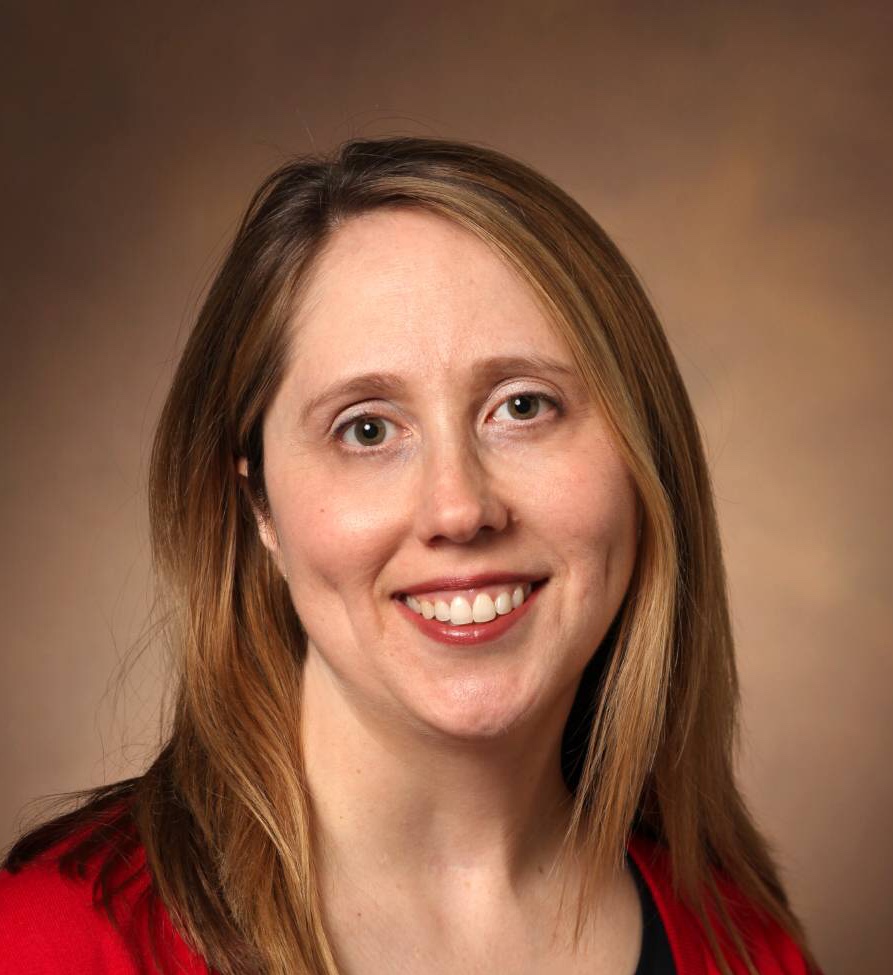For ten years, most patients with advanced hepatocellular carcinoma (HCC) had one therapeutic option: sorafenib. The oral, multikinase inhibitor can extend survival for patients with unresectable disease. In the past two years, patient options have quadrupled.
The expanded arsenal is raising new questions about selecting and sequencing HCC treatments, said Laura Williams Goff, M.D., oncologist at Vanderbilt University Medical Center. Goff has helped lead clinical trials to test new HCC therapies, and recently coauthored treatment recommendations.
“We’ve been waiting a long time for new options to treat HCC. The flood of new drugs in the past two years has given us all renewed enthusiasm,” Goff said.
A New Approach for HCC
The FDA has approved five new systemic agents to treat HCC since 2017. Most of the new drugs—lenvatinib, regorafenib, cabozantinib, and ramucirumab—build on the mechanism of action of their predecessor, sorafenib. They all target vascular endothelial growth factor (VEGF).
“Most drugs used to treat HCC are still targeted therapies, but two of the new drugs, nivolumab and pembrolizumab, work differently,” said Goff. Nivolumab and pembrolizumab are immune checkpoint inhibitors aimed at programmed cell death protein 1 (PD-1). “Immunotherapy is an entirely new approach to HCC,” Goff added.
Expanding Therapeutic Options
Patients who respond to VEGF-targeted therapies have strong, durable responses. However, many others do not. Said Goff, “It’s not entirely clear why this happens. It could be drug resistance, or simply that this approach isn’t effective for certain tumor subtypes.”
Immunotherapy offers renewed hope for patients with non-responsive tumors. Long-term, Goff is hopeful immunotherapy could even reduce tumors.
“The overwhelming majority of patients will have stabilization of disease on VEGF therapies, but not significant tumor shrinkage,” Goff said. “Survival rates are improving, but they are still not where we want them to be.” Progression-free survival rates still average less than six months across all HCC therapies.
Improving Long-Term Outcomes
Goff is applying the new therapies in clinic and already seeing improvements. “My patients’ overall ability to participate in their lives is significantly better and easier on these new drugs than historically on targeted therapy.”
“Patients’ overall ability to participate in their lives is significantly better and easier on these new drugs.”
With new options, oncologists are beginning to select HCC therapies based on toxicity profiles, experience and patient preference. Molecular and immunologic classifications could help to further match therapeutic regimens with specific patient populations and tumor subtypes.
“There’s a lot still to understand about sequencing these drugs,” said Goff. “The challenge is now to optimize regimens, and to design biomarkers to predict responses.”





